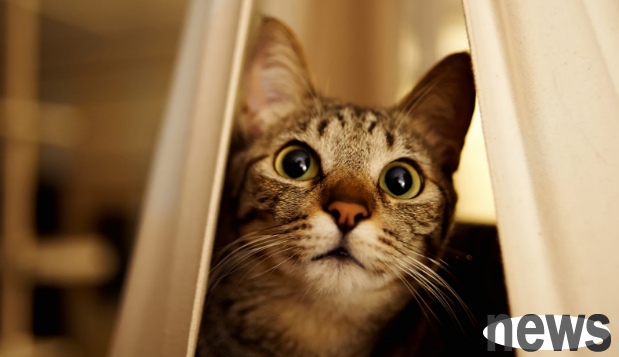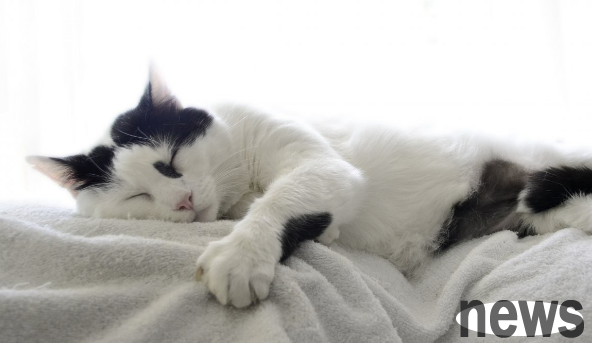Dry retching and not vomiting may be caused by improper diet, erectile dysfunction, parasitic infection, etc. First of all, bad eating habits will affect the normal digestion of food, and there will be dry retching and no vomiting. This is a normal...
Dry retching and not vomiting may be caused by improper diet, erectile dysfunction, parasitic infection, etc. First of all, bad eating habits will affect the normal digestion of food, and there will be dry retching and no vomiting. This is a normal phenomenon and generally does not require special treatment. If it is abnormal dry retching and does not vomit, and it is accompanied by other discomfort symptoms, such as acid reflux, heartburn, etc., it is recommended that the owner take the cat to a regular pet hospital for treatment in time to find out the cause and treat it.

1. Improper diet
If you eat too much or eat too fast, it will stimulate the esophagus and gastrointestinal mucosa and cause dry retching. Usually, you should reduce your appetite, pay attention to eating less and more meals, and do not overeat, which can relieve your own discomfort symptoms and generally does not require special treatment.
2. Hairy bulbismus
If a cat often licks its own hair, it will cause hair to enter the stomach and cannot be directly absorbed or excreted by the body. It will accumulate in the gastrointestinal tract for a long time and form hairballs. If not treated in time, it may affect the normal digestion of food and cause dry retching. However, there will be no vomit, and you can take medications that promote digestion and improve your digestion under the guidance of a doctor.

3. Parasite infection
may be caused by eating raw meat or unclean food, which will cause a large number of parasites in the intestines, such as roundworms, hookworms, etc., which are manifested as anorexia, diarrhea, weight loss, dry skin, etc. As the number of parasites in the body gradually increases, it will affect the speed of gastrointestinal peristalsis and cause frequent dry retching. You need to take deworming drugs as prescribed by the doctor. If the condition continues to worsen, it is recommended that the owner send the cat to the hospital for treatment in time, otherwise it will easily lead to aggravation of the disease and affect recovery.